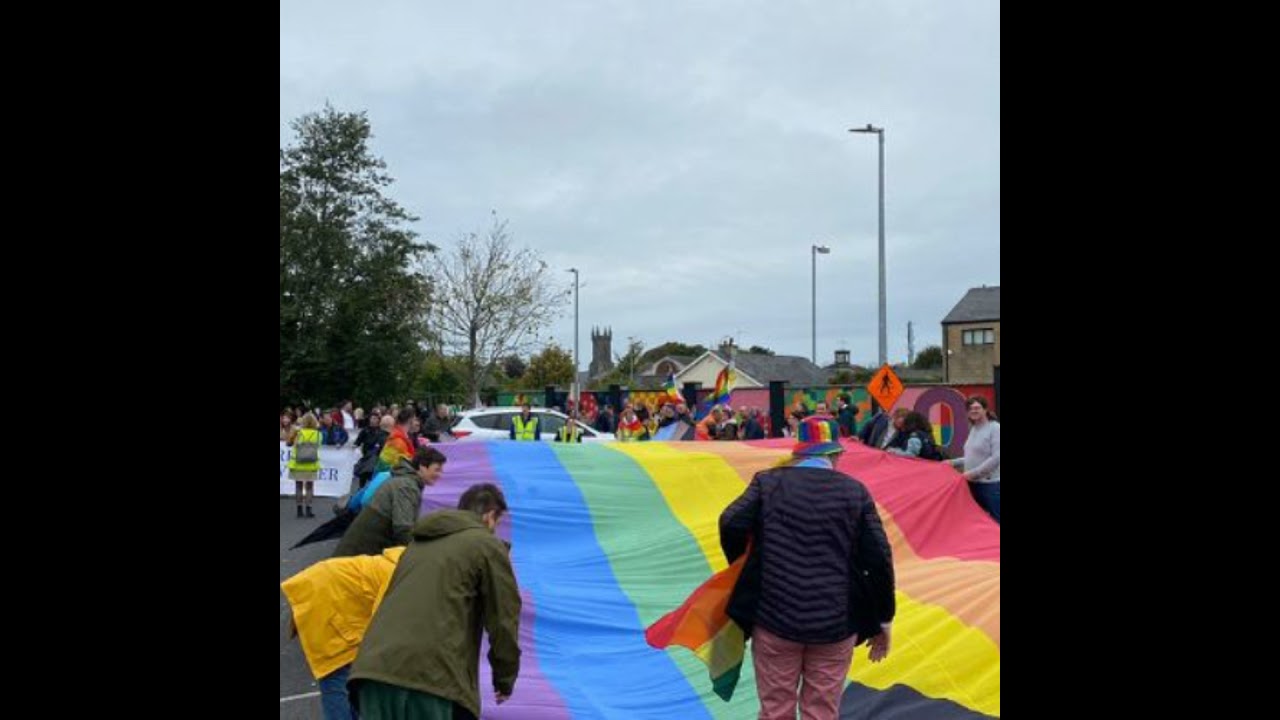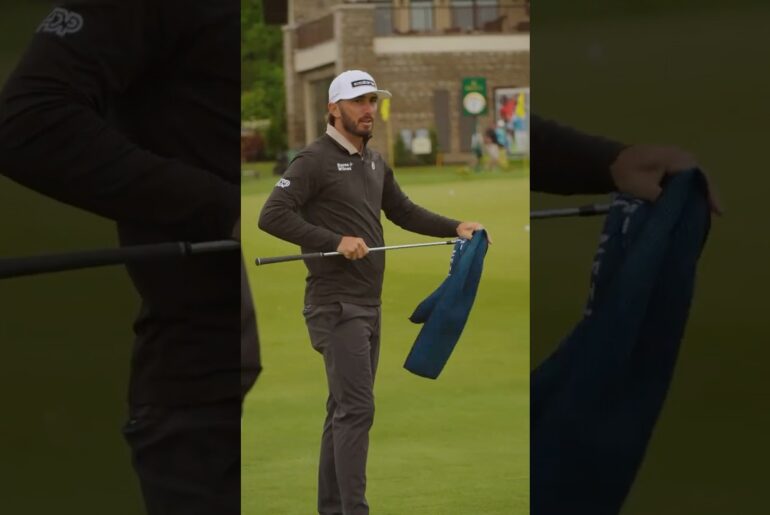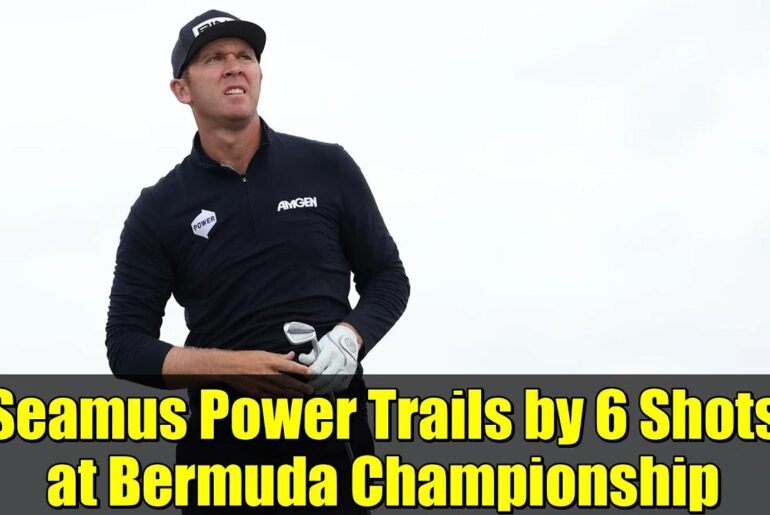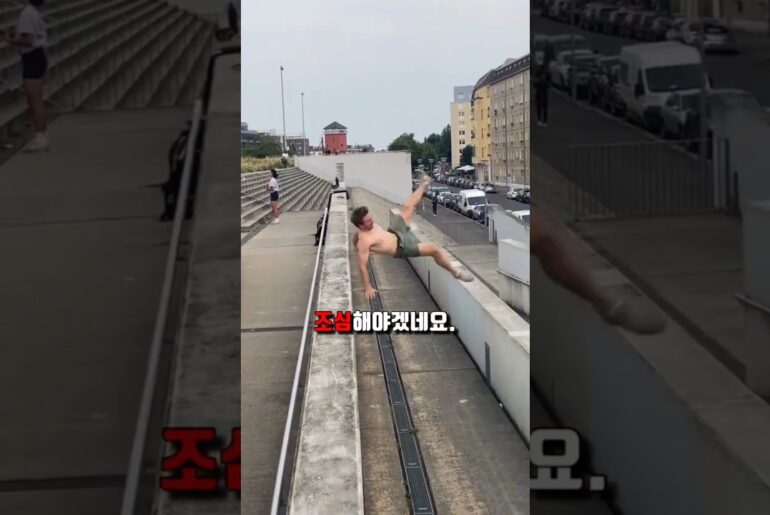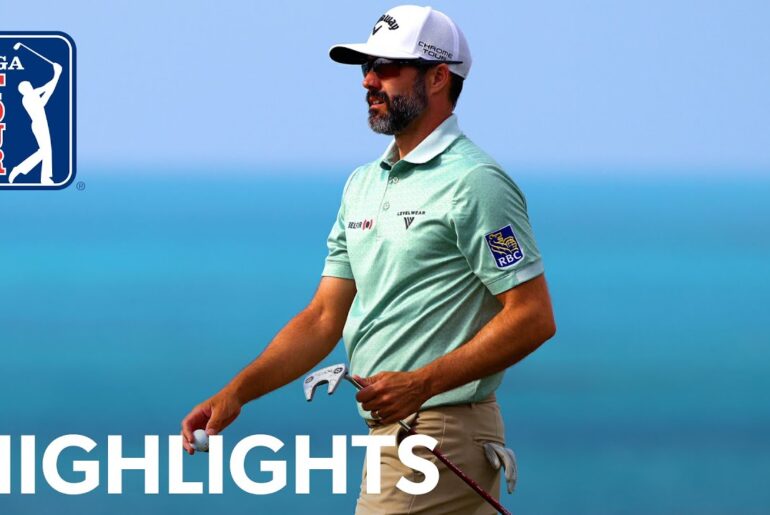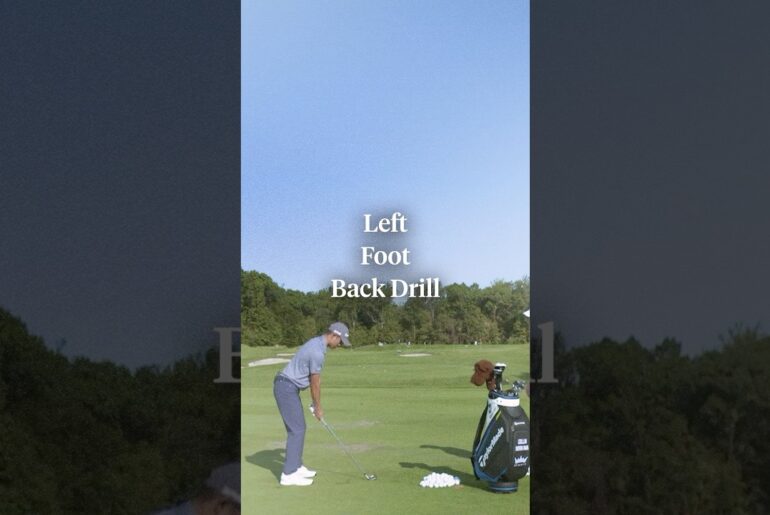This week marks 10 years since Ireland became the first country in the world to legalise gay marriage through a referendum.
The vote on the 22nd May, 2015 saw gay marriage legalised by a nearly two-thirds majority.
To reflect on a hugely significant moment in recent Irish history, Alan morrissey was joined by Bernárd Lynch, Ennis born former priest, author and activist, Adam Long, member of the national LGBT Federation, Verena Tarpey, CEO of GOSHH and Orla Vaughan, Quare Clare representative.
Now, this week marks 10 years since Ireland became the first country in the world to legalize gay marriage through a referendum. The vote on the 22nd of May 2015 saw gay marriage legalized by a nearly 23 majority to reflect on a hugely uh significant moment in recent Irish history. I’m joined by a panel of guests in studio. Uh joined by Orla Van uh representative Wqu Cla uh the CEO of Gosh Vina Tarpy also in studio with me. Uh and joining us via Zoom uh Bernard Lynch friend of the show uh the Nisborn former priest author and activist and Adam Long member of the National LGBT federation uh who’s living in Clare as well. And you’re all very welcome uh to the program. Um I suppose we it is a significant week or maybe I’ll go to yourself first. How do you reflect on the the 10th anniversary of marriage equality being passed which was a a hugely significant moment for the country? It felt like a kind of a you know a moment when the country matured. Yeah, it was it was kind of like um the whole country won the all Ireland um because there was such an an outpouring and I think even those who who campaigned against marriage equality and um and those who voted no still found that you know the the the movement of people coming home to vote um the general goodwill and that was just it was overwhelming and uh the sky didn’t fall down and we all lived happily ever after. you would like to think it’s hard to believe it’s been 10 years I suppose with co in between and stuff like that it just it feels like it was yesterday and then it feels like it was 50 years ago as well um so yeah it’s been great obviously things have gone backwards over the last few years with a lot of stuff that we see overseas and that’s creeping into Ireland but um so the fight goes on yeah and we will touch on that later on where we’ve gone backwards and maybe how both here and uh in Europe and how we can maybe address that. Reina Orla mentioned something which was a really lovely um element of the whole campaign which was the sheer number of people predominantly young people who were returning from all four corners of the globe you know come back from Australia the US places like that to to have their voices heard to to grasp the opportunity to be a part of change in their country. Yeah, it was I mean and I remember the night before on on all the socials seeing the arrivals halls of of people coming home. Um what was also interesting in the respect of of the vote was it wasn’t just the you know the middle class sectors of society which voted. It was those in disadvantaged deprived areas of of CLA as well that voted overwhelmingly for this and a lot of it was to do with the tolerance that we have in society and that shifting acceptance um in society but also the campaign was about shared values rather than it being about yes and no. And I always go back to those shared values. It’s about wanting to love who you you should be able to love. It’s about being able to access health care for everybody, being who you are, uh, and feeling safe. And I think what the Yes campaign did was they shared those personal stories which were soulbearing for many people and very, very traumatic for many people. But I think that’s what made it different. This was personal. And Adam, just to bring you in, Verina touched on some of the the those who voted in favor. We know a lot of young people were in favor. Their vote was usually significant. But how important was the yes vote of uh people in working-class areas and particularly older people, those that would have grown up in an environment where being openly gay would have been a criminal act in this country. Well, absolutely. And I think that’s that’s a very um pertinent point really when you consider that Ireland only decriminalized being gay essentially in 1993. So it’s you know it was quite an extraordinary journey to go from that point to you know 2015 and having such I think what was very key was kind of the hugely kind of emphatic nature of the yes vote. Um as Verina pointed out it you know it carried across the country. who was both in middle class and I suppose more more disadvantaged areas as well. Um yes, I think kind of the the really kind of landslide nature of the victory really was was something that um after was I mean people reflect on the campaign and it was tough for a lot of people to bear their soul um and I suppose kind of to to come out really to society and to ask you know society’s permission uh for for equality um and and then to see the country I think so kind of um affirming us h you know in that respect um I think uh you know had it been passed by a vote of parliament um as as was the case to in most other countries that have that have now have marriage equality in place I don’t think it would have been as powerful um you know and now as well of course we have that equality enshrined in our constitution which is important but yeah I think the fact that it wasn’t just in in previous referendums um you had kind of a very kind of um urban rural divide or or a middle class kind of um disadvantaged divide That wasn’t the case in our referendum. I think it was just across the country. It passed and it was just a hugely affirming event. Yeah. And for for you Bernard and people will know your story very well. Could you have conceived of the Ireland that you left doing this and as we say people from all walks of life in this country, young, old, middle class, workingass, whatever it might be, male female voting in an early twothirds majority uh to pass this. I mean for me it became heaven on earth to be quite honest with you. I mean, Ireland is not the country I left and America is not the country I went to, but thank God Ireland is Ireland at the moment. Even though, you know, um I have reservations I in the sense that the world is going the other way and I sincerely hope that Ireland would hold on to its own integrity as a nation and the freedom of its people. I mean I growing up in Ireland I mean it was sin there was nothing else and there was no order sin of course and there is a movie as you know called a sen and if you got AIDS it was a sin and you got AIDS because I mean this rubbish and that’s the kindest word I can call that kind of terminology you know the marriage referendum in Ireland for me raised the LGBTQIA plus community to the level of the ordinary. We are ordinary people. We, you know, as you the people there brought out so well, who desire to love and to be loved. And I mean, every wave owes the beauty of its curve to the retreat of the one preceding it. And I am so grateful to the people of Ireland and your panel for that I can, you know, I’m an older man. And I’ve been on the road 50 years plus doing this work that I can leave my home country and go back. I’m just back home because of the great work you have done and it was work but it was for me miraculous. You know, I I will never forget the morning my husband Billy and I sitting up in bed waiting for the results and Dura came in to have voted for the Mars referendum. Well, I’m sure we could be heard roaring in Trfalgo Square. It it was such a joy. Yeah, I get the real sense of joy from you and indeed everyone. But we will turn towards, as was mentioned earlier on by Orla, some of the maybe areas where maybe we’ve gone back a bit or there’s work to be done, not just here uh on our own home shores, but further a field. I’m going to take a quick break and we’ll be back with more from our panel. And you’re welcome back to Morning Focus where we’re continuing with our special panel to mark 10 years since Ireland became the first country in the entire world to legalize gay marriage through a referendum. Uh my uh panel includes the CEO of Gosh, Verina Tarpy, uh representative of Qu Clare or Leavon, Adam Long, member of the National LGBT Federation and the Ensisborn, former priest, author and activist uh Bernard Lynch. And uh Verina, I know this is something that you really want to highlight uh which is the state of trans healthc care in in Ireland. Maybe for for those not familiar with Gosh, maybe preface up by telling us a little bit about the work that Gosh does and uh before we touch on that. Yeah, Gosh is a regional organization and we work in with with we straddle kind of two things. One is LGBTQ plus rights as well as sexual health. Um so we provide a safe supportive environment much like the voluntary organization like queer clear for anyone within the queer community. Um so whilst we are always feeling very positive about changes that have been made, one of the big issues that is coming out all the time is in relation to trans healthcare. For both young people there is currently no public service um for anyone and for others there is currently a three to four waiting list for the national service, the national gender service. For many that puts people on the back foot. Um what it also does is it makes some of those who wish to access services go under the radar and access ones that are not regulated whatsoever. And this is an issue that is a hot potato for the government. They don’t want to touch it and it has gone completely stagnant over the last four years. And and that’s got to be a concern, Ora, if people feel like they have no choice but to access uh you services that are uh not uh 100% uh have 100% bonafiday. Yeah, there’s a lot of talk about self-medication um amongst the trans community and um it’s really scary because we know even in mainstream when you if you if people haven’t got access to anti-depressants or painkillers that they go online and these drugs are you know they’re not tested uh properly and you you’re not getting the right the correct dosage. Now I have a couple of friends who are actually trying herbal versions of these drugs as well and are they as effective or Yeah. Well according to couple of my friends that are doing it definitely they’ve seen changes within themselves in their in their voices maybe in their hair growth and stuff like that. But at the same time that’s not right. that is so bad that we should be doing that that there that you you can’t go online and and become part of a a a drug trial, herbalist or not. It’s it’s just not correct. and and leaving a you know even that medical issue aside when we talk about people at a human level in County Clare people that are members of the trans community represent a small proportion of our society and yet they are absolutely vilified in some in some quarters and marginalized some of it is lack of education and ignorance on some part but others aren’t and is that Adam where you know I mean look it’s only right and proper that we recognize the 10th anniversary of what was such a momentous occasion for Ireland. But, you know, we don’t want to spill over into uh self- congratulatory backs slapping. Is is this the an area where Ireland is still airing, where we still have improvements to make? Yes, absolutely. Um and I think it’s about kind of now harnessing that um you know, the power of the of the marriage equality referendum. It shows it shows what we can do um as a community um and and as a society. And I think it’s it’s so important now going forward that we’re able to, you know, kind of use that use that momentum again because there certainly is regression happening um at a global level. Um now I think Ireland thankfully has been mostly immune to that. Um but but but there certainly uh no room for complacency. Um and I think certainly where the on the when it comes to trans rights um you know we passed a very progressive gender recognition act uh in 2015 uh the same year actually as as the as the marriage referendum and that was based um you know on human rights principles uh self-determination um but then conversely we’re at the bottom of the league when it comes to trans healthcare were at the very bottom of the European table uh when it comes to providing what you know what should be a basic right um so and And I suppose people the community are very alarmed when they see what’s happening in the US in particular um you know where where trans people are the thin end of the wedge if you like uh in terms of a broader kind of culture war and a broader attack because I really think the key point here and I think for for for for your audience um this really doesn’t just concern LGBT rights. This is a broader attack on democratic um values and democratic freedoms. Um we’re the canary in the coal mine if you like our community. So I think that that you know that they very much it needs to be seen I think through that that prism. Um and you know you saw the the concerning uh Supreme Court judgment in the UK um regarding transgender rights um now here in Ireland and just for anyone listening who’s you know who from the trans community um our um equality legislation is quite different to the UK and it’s being held that transgender people are fully protected uh when it comes to you know gender expressing their gender within the equality legislation. So I think that’s important. But there’s a number of issues as well like you know we need to have a ban on conver so so-called conversion practices. You know that’s a really abhorent um practice. It’s considered a form of torture indeed by the United Nations where um an attempt to um change or suppress somebody’s sexual orientation or their gender identity. Now that is a spillover from the last period of government. It was in the program for government the last time. it’s now in it again and but we really do now need to see Ireland following other countries and and banning that practice and something like as well revisiting the um hate speech legislation because unfortunately that became victim to a lot of misinformation and disinformation um again during the last um you know Iraq this term and we absolutely need to to actually Europe is demanding in fact that we that we bring our hate speech legislation up to date. Bernard, just to bring you in, I mean, you’ve lived in England and London for for many years, so maybe you’re more at the coldface on this one than the the rest of us. Adam touched on that Supreme Court ruling in the UK last month that the legal definition of a woman is based on biological sex, although transgender people still have legal protection from discrimination. Now, the judges said their landmark ruling shouldn’t be seen as victory of one side over another. But does it feel uh like a defeat for the trans community in the UK from those that you know? Unfortunately that was the result. It is seen and um you know I mean one of your speakers there I think it was or was it did say you know there’s terrible ignorance regarding trans even in our own community. I mean, I am shocked and horrified and I’m still involved here and in the United States. I visit New York regularly by the ignorance and prejudice in our own community towards trans people. It is unforgivable and the trans people are being used as whipping boys against LGBT people etc. in general as you know I mean the hijonomy of power at the moment and this applies everywhere including Ireland is against trans in terms of the environment and in terms of the rhetoric being taught and against um race racial minorities. These are the two big hits in the world at the moment and you know it’s very very destructive and as Adam said we are the canaries and the mines they come for us they come for people of color they come for you know who next so we can’t you know the only great thing about democracy or guarantee is to be forever vigilant and we have to be more vigilant than ever. Um, and it’s happening in subtle ways. I think you had an incident in court last year or the year before, I’m not sure, where people were objecting to LGBT books in libraries. Um, you know, it’s very subtle what’s happening or objecting as it did in well getting rid of in Hungary the um the pride parade. But even here, I mean, there people are withdrawing ads um for our parades and and our events because they’re not getting quote unquote, you know, if you if you want our support uh sponsorship for something, well, you cannot include trans. I mean, this is outrageous and we c we cannot make any concession whatsoever because this is not a concession. Trans people, like the rest of us, are very simply and profoundly looking to be loved and to love. That’s the bottom line. Marriage or no marriage, they’re looking to be loved and to love. And to me, that is ultimate. There is no compromise ever going to be made on that. And Verina, I suppose maybe it’s an unfair question in the very short time that’s left to us. The guys have touched on what’s happening in the US uh Hungary as well. Uh with the victimization and marginalization of trans people and with Orban’s government, it goes beyond that, the banning of pride events. H how do how can you go about resolving that? because it seems particularly with the Trump administration and Orbin that’ be very little that you could do to um persuade them to roll back on what they’re doing. No, in the short term I I don’t have the answer to that except to say Alan, we get two to three emails a week from people, couples living in the States inquiring about relocating here to Ireland. Um in the last two to three a week. Yes. Yeah. Yeah. uh since since the new administration um it’s it’s petering out a bit but this was the panic that um happened as a result of the new administration. So I can’t solve that in the short to medium term. What I would say to people here though is um to remain tolerant as a community which we are and always like I said at the start to go back to those shared values that Bernard mentioned there about being loved, wanting to love who we should be able to love and going back to those shared values that we all cherish here in Irish society. Very well said. And just before we finish or I know you wanted to acknowledge somebody as well. I just wanted to say hello to the bow. Sean Murphy is who’s at home at the moment um in Killer Rush Road and uh he’s a massive fan of Clare FM and a massive fan of uh Morning Focus. Oh, I like the sound of this guy. And I I just wanted to tell him to put the kettle on that I’m on my way out now for a cup of tea and you can give out to me about what I did or I didn’t say on the wireless. Well, I I have to say um in your defense, Ora, you all did very well with the time that was available to you. So, uh, you don’t get any flak from him when you call out there. Right. A cup of tea and a few biscuits as well for her when she’s arriving. He’s tight enough with the biscuits, right? You’ll have to bring those as a visitor. Uh, we do have to leave it there. My thanks to Orvon to Reina Tarpie and joining us via Zoom. Bernard Lynch and Adam Long as well for being with us for this a really important chat.

